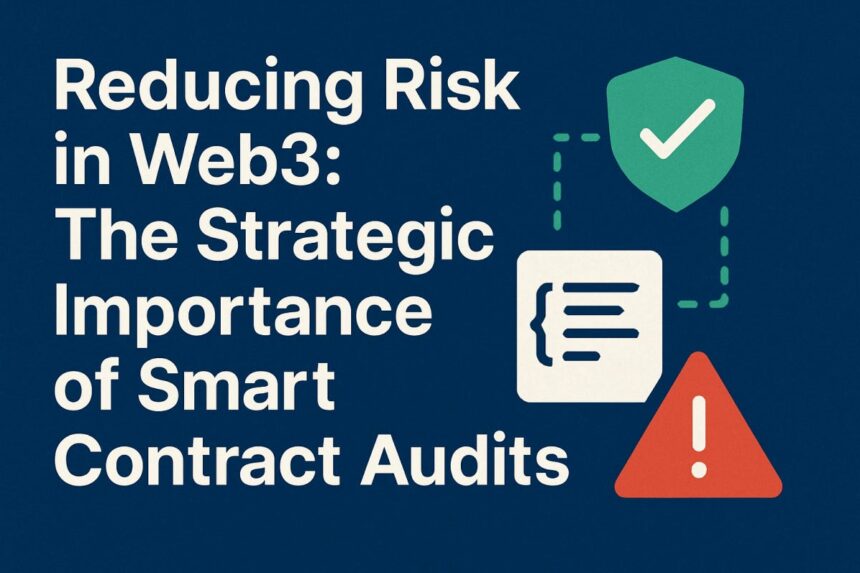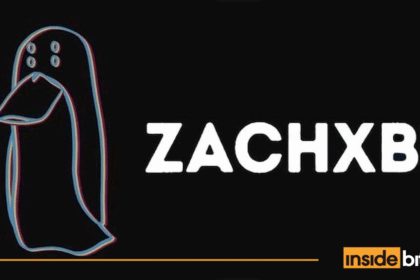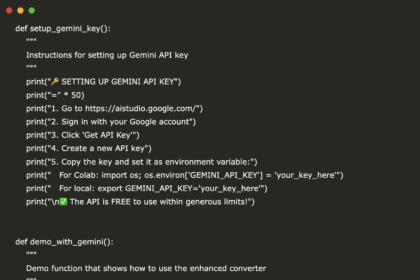In the rapidly evolving landscape of Web3, where decentralized applications and blockchain technologies are reshaping digital interactions, security has become paramount. At the heart of this ecosystem are smart contracts — self-executing agreements with the terms written directly into code. While they promise automation and trustless execution, their inherent complexity and immutability mean that even minor vulnerabilities can have catastrophic consequences. This makes the role of smart contract audits critical for any project aiming to succeed and maintain user trust.
Choosing the right smart contract development company is the first step towards securing robust and reliable decentralized solutions. These companies not only build smart contracts but also often guide clients through rigorous audit processes that safeguard against bugs, exploits, and logic errors.
Smart contracts differ significantly from traditional software — they operate on a blockchain, are immutable once deployed, and often handle valuable assets. This unique environment means that errors are costly and irreversible. Auditing these contracts is essential because:
- It identifies vulnerabilities before hackers can exploit them, preventing potential financial losses and reputation damage.
- It improves code quality, often revealing logical errors or inefficiencies not initially apparent.
- It ensures compliance with emerging regulatory frameworks, particularly in sectors like finance and healthcare.
- It builds user and investor confidence by demonstrating a commitment to security and transparency.
- It provides a competitive advantage by differentiating secure, audited projects from less secure counterparts in a crowded market.
The audit process involves a thorough review of the entire smart contract codebase, including automated scanning and manual inspection. Experienced auditors look for security loopholes, logical flaws, gas inefficiencies, and adherence to best practices. This ensures the contract functions as intended under all scenarios.
Web3 projects that invest in web3 development services with integrated audit capabilities position themselves better for long-term sustainability. A carefully audited smart contract not only resists attacks but also adapts to upgrades and integrations more seamlessly.
1.Increased Security
Audits are the frontline defense against potential hacks. By detecting coding errors, permission vulnerabilities, or faulty logic, audits prevent costly breaches and fund thefts.
2.Enhanced Trust and Credibility
Projects with publicly available audit reports inspire greater user trust. Transparency in the auditing process fosters confidence among investors, partners, and users alike.
3.Regulatory Compliance
Many jurisdictions are developing legal standards for blockchain applications. Audits help ensure contracts meet these standards, reducing legal risks.
4. Code Optimization and Efficiency
Auditors can recommend ways to reduce gas fees and streamline contract execution, improving overall user experience and operational costs.
5. Reputation and Market Differentiation
An audited project signals professionalism and seriousness about security, attracting more users and investors.
The smart contract audit process typically includes these steps:
- Code Review: Detailed examination of the source code to find syntax and logic errors.
- Automated Analysis: Using tools like MythX or Slither to detect common vulnerabilities.
- Manual Inspection: Expert auditors analyze contract behavior, business logic, and edge cases.
- Testing: Execution of test cases and simulation of different scenarios to validate functionality.
- Reporting: Providing a comprehensive audit report detailing all findings and recommendations.
- Remediation: Developers fix identified issues and may undergo follow-up audits for verification.
Embracing audit recommendations not only fortifies the contract but also educates developers on best security practices for future projects.
Modern audits leverage cutting-edge approaches such as formal verification — mathematically proving the contract’s correctness — and AI-assisted code analysis to enhance accuracy and efficiency. Automation enables faster audits while maintaining thoroughness, allowing Web3 projects to deploy with confidence and speed.
Regular audits aligned with innovation trends ensure your smart contracts remain resilient against emerging threats and evolving attack vectors, crucial for sustaining trust in the decentralized ecosystem.
Reducing risk through robust smart contract audits is not just a technical necessity but a strategic imperative for any serious Web3 project. Partnering with experienced providers who offer comprehensive smart contract development company services ensures your blockchain solutions are secure, compliant, and efficient. Integrating comprehensive web3 development services, including auditing, gives your project the foundation it needs to thrive in a competitive and fast-moving landscape.
Ready to build secure and reliable smart contracts? Explore professional Smart Contract development from codezeros to safeguard your Web3 journey with expert craftsmanship and thorough auditing. Empower your blockchain projects with trusted development and security — connect with codezeros today.










